The term the “Lubitsch touch” refers to how German émigré director Ernst Lubitsch would imply with visual means much more than one could get away within the text of a title card—a telling image or the discreet use of cutting from one scene to another, indicating a time lapse in which something naughty probably occurred. Lubitsch became even more famous for this once sound came to the cinema—but as Sabine Hake has pointed out, it is a legacy of silent cinema, specifically its goal of telling a story exclusively through images, with as few titles as possible. Of course, the “Lubitsch touch” is usually created between images—by what is not shown, by ellipsis.
Lubitsch had no trouble at all moving his sophisticated comedies from silent to sound cinema; already in 1929, he pioneered the film musical as a new form for his sex comedies, films that were not just “sophisticated” but much more advanced cinematically than most early American film musicals, which tended to be filmed stage shows. Lubitsch’s musicals were in fact closest to operettas, and this was no new development for him; many of his comedies had been based on operettas already in the 1910s—The Oyster Princess was, and in fact even a historical film like Madame Dubarry was based on an operetta.
In this session, we will examine the effect that the transition to sound had on Lubitsch’s work in Hollywood, while also considering how other external factors, such as the Hays code, the Depression, and the rise of the screwball comedy played a role in defining his later work.
Taught by Rabbi Dr. Raysh Weiss
Rabbi Dr. Raysh Weiss’ rabbinate is driven by a commitment to celebrating the strengths and stories of all the people in the community; bringing people together through prayer, ritual, art, music, food, and shared learning; and forging deep and meaningful relationships across lines of race, class, religion, and geography. Rabbi Weiss has previously served as Senior Rabbi at Shaar Shalom Synagogue in Halifax, Nova Scotia, and at Congregation Beth El of Bucks County in Pennsylvania. Her work and writings have been featured in MyJewishLearning.com, Tablet Magazine, The Canadian Jewish News, The Jewish Exponent, and the Center for Rabbinic Innovation

